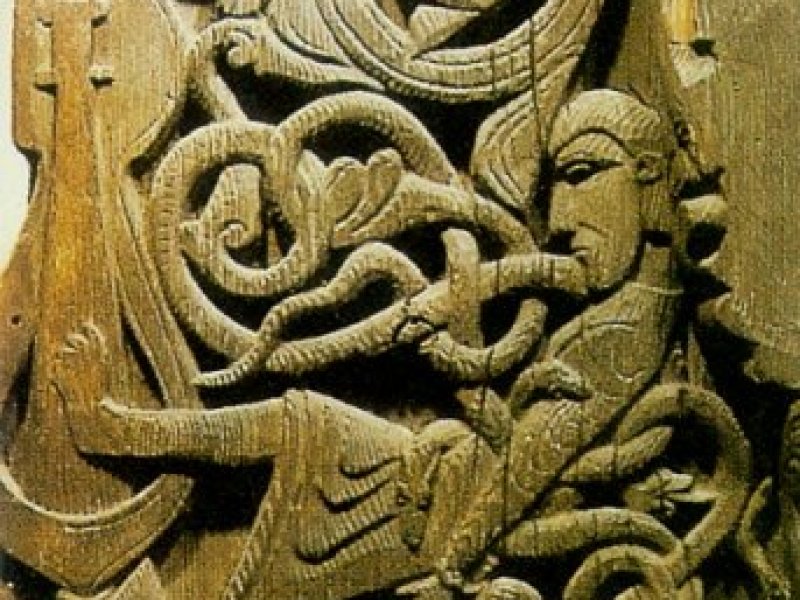Teutonic Wise Women
Before I list articles on sorceresses and prophetesses, I should perhaps begin with witches that were celebrated among the ancient Teutonic people. These ancient Germanic prophetesses were mentioned by the 1st century Roman historian, Tacitus. Their names were Veleda and Aurinia, or Albruna.
The ancient Germans also venerated Aurinia, or Albruna, and many other women. The Teutonic chieftains and warriors never ignored the words from any seeress. In fact, Tacitus said that the Germans listened to the advice of women, regardless of whether they were gifted with divination or not, because they sincerely believed that all women had a certain sanctity and prescience.
Veleda was a 1st century prophetess, living at the time of Vespasian. She was so revered that her tribe actually worshipped her as a goddess. Veleda lived in a high tower and pronounced her prophecy on a raised platform, and no one was allowed to approach her directly.
In the 2nd century AD, there was a Semnoni Sibylla named Waluburg. This name was similar to that of Saint Walpurgis or Walburga (710-779), a Benedictine abbess whose feast day is held on February 25. St Walpurgis has often been associated with the witches' coven held on Walpurgis' Night at Brocken on Harz mountains on May Eve (April 30), in which she was sometimes confused with another figure, a pre-Christian fertility goddess - Waldborg.
Related Information
Name
Veleda.
Aurinia, Albruna.
Waluburg.
Sources
Germania was written by Tacitus.
Related Articles
By Jimmy Joe





